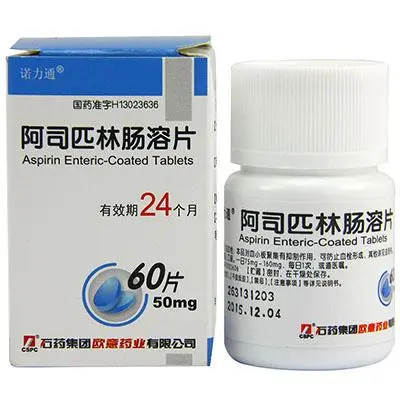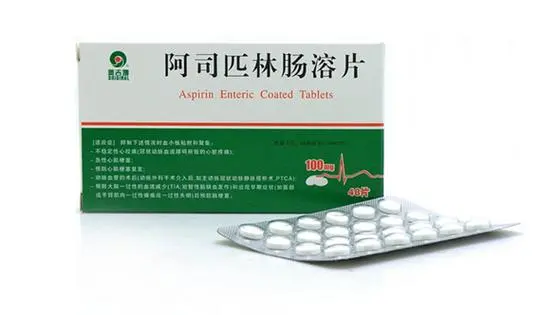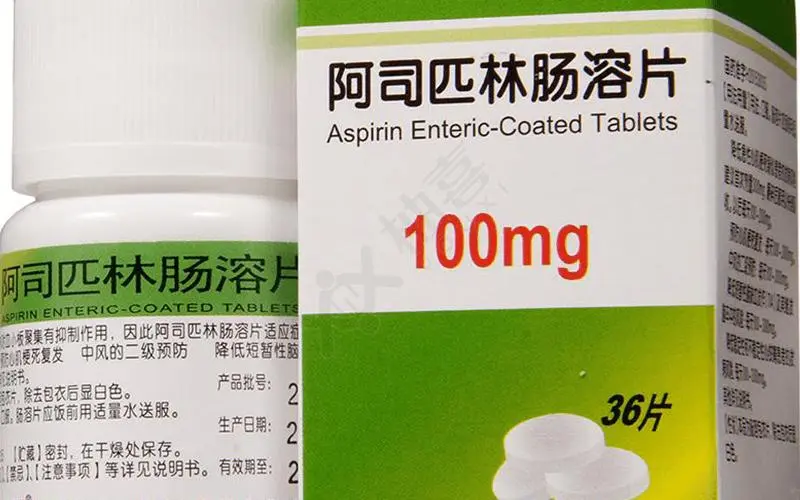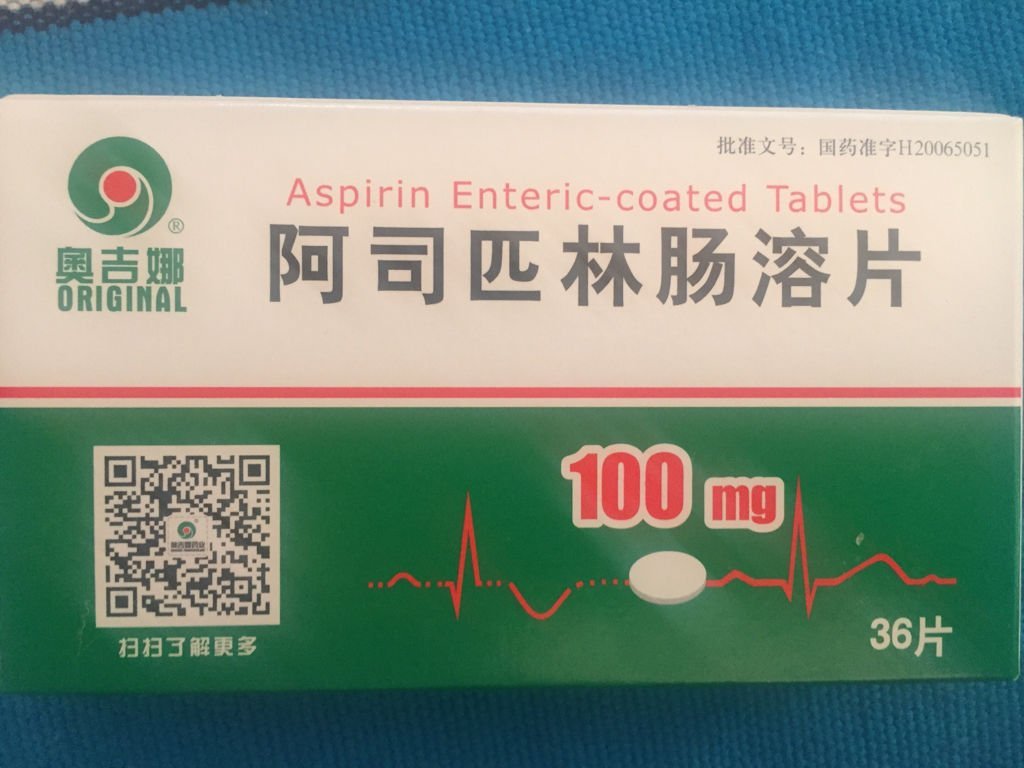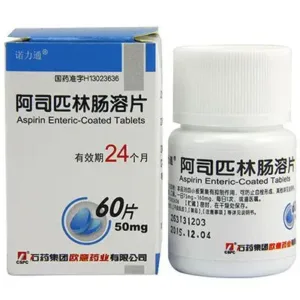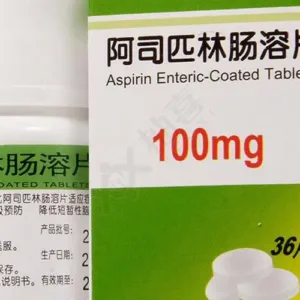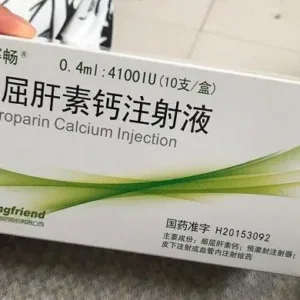Aspirin
Function:
For the treatment of pain and inflammation in acute and chronic rheumatic diseases, such as rheumatoid arthritis, juvenile idiopathic arthritis, osteoarthritis and ankylosing spondylitis. It is used for the early treatment of cardiovascular diseases, such as angina pectoris, myocardial infarction, etc., and for the prevention of cardiovascular events in high-risk patients. Used to treat cerebrovascular diseases such as stroke.
Dosage:
For analgesia and antipyretic, take 0.3~0.6g each time, 3 times a day, once every 4 hours if necessary. Used for rheumatic diseases, anti-rheumatic: 0.6~1g once, 3~4g a day; chew when taking, and can be combined with calcium carbonate or aluminum hydroxide or Weishuping to reduce gastric irritation; a course of treatment lasts for about 3 months . Used to inhibit platelet aggregation and prevent myocardial infarction, arterial thrombosis and atherosclerosis, once a day, 75~150mg each time. The recommended dose for children is 80 to 100 mg/kg per day, divided into 5 or 6 doses. For children whose condition worsens rapidly, the dose can be up to 130 mg/kg per day if necessary. Aspirin involves many dosage forms, and individual conditions vary greatly. It is recommended that patients use it under the guidance of a doctor after seeking medical treatment for a clear diagnosis.
Drug contraindications:
If you are allergic to this product, use with caution during pregnancy. Use with caution during lactation. Use with caution when drinking alcohol.
Related dosage forms:
Aspirin enteric-coated tablets, aspirin effervescent tablets, aspirin tablets, aspirin powder, aspirin suppositories

